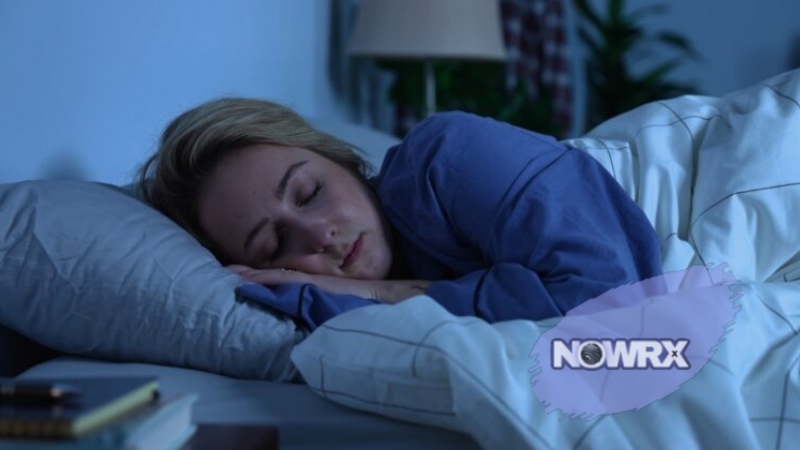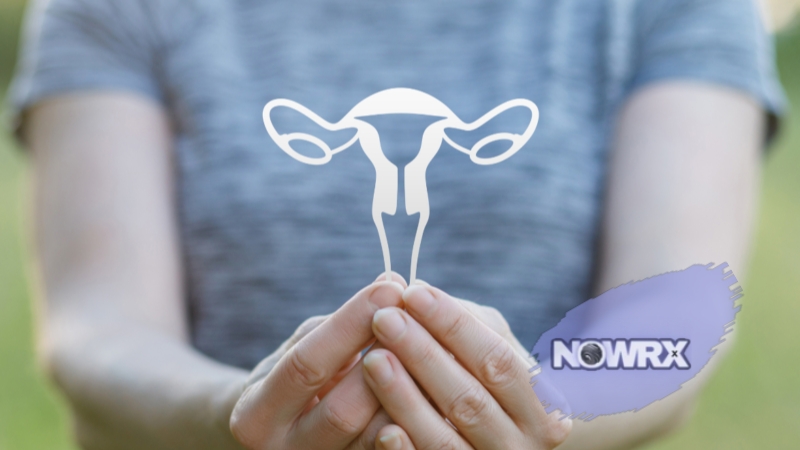Deep sleep is vital for overall health. It benefits memory, cognitive function, energy, muscle repair, immune function, and more. It is a stage during your sleep cycle. Specifically, we are talking about the third of four stages during which it is harder to wake somebody up.
Experts believe this stage to be incredibly important because it is when the body recovers and grows. Let us talk about it in greater detail.
What Can You Do To Increase It?
Even those who spend the recommended 7-9 hours in bed every night may experience trouble falling asleep, staying asleep, or waking up feeling tired. But, there are steps someone can take to help solve these problems and increase deep sleep. Here are 8 things you can do to improve your sleep and overall health.
1. Go To Bed Earlier
If you struggle to commit enough hours to resting, going to bed earlier is one of the best ways to increase your total amount and, thus, deep sleep.
While this may seem straightforward, many people struggle to fall asleep at an earlier bedtime. Creating a bedtime routine and sticking to it can help. It will not only help you fall asleep faster but also help regulate your body’s circadian rhythm, so you fall asleep and wake up at around the same time each day.
When you develop this pattern, falling asleep and waking up may become much easier.
2. Warm Up
A warm bath or shower before bed may help promote rest and reduce the time it takes to fall asleep. This is because sleep and core body temperature are closely related.
According to research[1], onset is most likely when the body’s core temperature is declining at its steepest rate. Thus, the decrease in body temperature following a warm bath or shower can help promote sleep.
3. Get Morning Sunlight

Getting sunlight first thing in the morning can help kick-start your body’s wake cycle and regulate your circadian rhythm. This can not only make you feel more alert in the morning but also help you feel more tired and fall asleep earlier at night.
The CDC recommends[2] getting sunlight within an hour of waking up, when you are the most sensitive to light, to reap the most benefits.
4. Avoid Napping
Napping during the day can mean you get less deep sleep at night. This is because you satisfy some of your body’s needs while napping. Additionally, napping can reduce the need for rest, which increases as the day progresses and ultimately helps you fall asleep.
If you’re napping regularly during the day because you’re not getting enough sleep at night, resist the urge and go to bed earlier to break the cycle.
5. Unplug

While you might think watching TV or scrolling through your phone before bed helps you unwind, it may be doing more harm than good. Exposure to light at night, i.e. from screens, can delay the rise in the hormone melatonin that helps put you to sleep, making it harder to fall to do it later.
This can disrupt your circadian rhythm, and, thus, mess with your sleep cycle.
A study from 2015[3] concludes on:
“Every hour of sitting while watching TV was linked with greater odds of a sleep onset latency of 30 minutes or more, waking up too early in the morning, poor sleep quality, and a high risk for sleep apnea. “
To avoid this problem, leave phones, tablets, and TVs out of the bedroom, and also consider dimming the lights for 1-2 hours before bedtime.
6. Review Your Medications
If you’re having difficulty sleeping, it may be your medication that is causing insomnia. This is a common problem among people taking various drugs, such as those to treat allergies, high blood pressure, depression, and more.
Some medications can help promote it, like Doxepin, Temazepam, and Eszopiclone. These work by promoting GABA activity in the brain. If you struggle with insomnia, talk to your doctor about if any of your medications could be the cause and if a sleep-promoting prescription is right for you.
7. Eat More Fiber

How we eat impacts our rest, and research suggests[4] that eating a more fibrous diet may help enhance deep sleep. In a study of normal-weight adults, those who ate more fiber had more slow-wave, or deep, sleep.
Additionally, more saturated fat and more sugar were associated with lighter, less restorative, and more disrupted processes. Foods that are high in fiber include artichokes, beans, peas, brussels sprouts, and berries, to name a few.
8. Listen to Pink Noise
Like white noise, pink noise can help block out the sounds that may make it difficult to fall asleep. Pink noise can also enhance slow waves during deep sleep, increase its duration, and improve cognitive function.
Pink noise is a calming, low-pitched, consistent sound, such as rainfall or crashing waves.
“Easy way for older adults to get deeper sleep and stronger memories is to listen to a certain soothing sound called “pink noise”—a mix of high and low frequencies that sounds more balanced than white noise.” – Time Magazine quoting a study published in Frontiers in Human Neuroscience.
How Much Deep Sleep Do You Need
You can determine the amount of deep sleep you need based on your total sleep. AASM recommends[5] that adults get at least 7 hours of sleep per night. During that time, the body cycles between all 4 stages, spending the most time in stage 2—light sleep. We spend more time in deep sleep earlier in the night and more time in REM towards morning.
In general, though, if a person is sleeping 7 hours per night, they will spend about an hour to an hour and a half of that time in deep sleep. Based on AASM recommendations, adults should get at least this much deep sleep per night.
If you are spending less than 7 hours asleep each night, or don’t feel refreshed come morning, you may need more deep sleep.
Summary
Learning how to get more deep sleep is about forming good habits that will help you get to sleep faster and stay asleep longer. This includes all the tips above like reducing screen time before bed and eating a healthier balanced diet throughout the day.
If you have taken a good look at your lifestyle and habits and are still waking up or feeling tired throughout the day, you may want to talk with your doctor.
They can review your situation and help identify the potential cause or even recommend a specialist who may be able to assist you.
References:
1. Front Neuroscience: The Temperature Dependence of Sleep – https://www.ncbi.nlm.nih.gov/pmc/articles/PMC6491889/
2. CDC: Effects of Light on Circadian Rhythms – https://archive.cdc.gov/www_cdc_gov/niosh/emres/longhourstraining/light.html
3. Sitting and Television Viewing: Novel Risk Factors for Sleep Disturbance and Apnea Risk? Results from the 2013 National Sleep Foundation Sleep in America Poll – https://www.sciencedirect.com/science/article/abs/pii/S0012369215396707
4. American Academy of Sleep Medicine: What you eat can influence how you sleep – https://www.sciencedaily.com/releases/2016/01/160114213443.htm#:~:text=Results%20show%20that%20greater%20fiber,with%20more%20arousals%20from%20sleep.
5. American Academy of Sleep Medicine: Seven or more hours of sleep per night: A health necessity for adults – https://aasm.org/seven-or-more-hours-of-sleep-per-night-a-health-necessity-for-adults/
Drake Holloway, 45, is a pharmacist and freelance blog writer for NowRx.com. He uses his professional background to provide information and opinions on diverse subjects to those seeking guidance.








